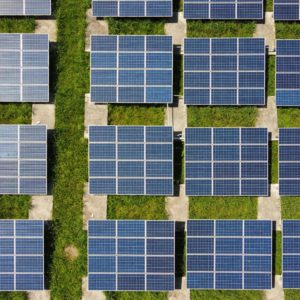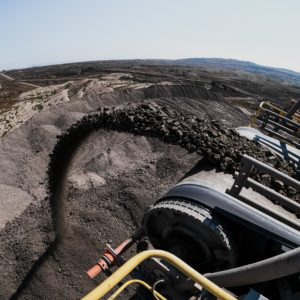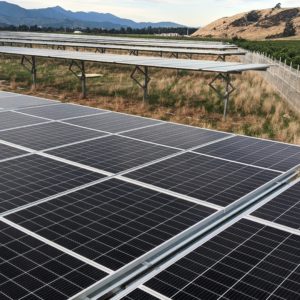Accelerating and streamlining innovation globally will be best accomplished by turning away from protectionism and unleashing policies rooted in economic freedom.
Rethinking a Global Ban on Coal
While industrialized nations can help emerging economies leapfrog the use of coal by exporting cleaner technologies, market forces should ultimately decide what energy sources should ultimately determine what power sources a country does or does not use.
Food producers turn to greener fertilisers to reduce carbon footprints
"Tesco, the UK’s largest food retailer, is also working with low-carbon fertiliser manufacturers, including several start-ups such as CCm. The retailer recently said that after initial field trials produced vegetables including lettuces, carrots and potatoes with a 50 per cent reduction in emissions levels, from 2024 it would increase the trial area tenfold to 13,000 hectares."
COP28: A Win for Climate Realism
Reducing Emissions is a Smarter Goal than Demonizing Fossil Fuels
Poverty is killing the Amazon rainforest. Treating soil and farmers better can help save what’s left
"The only way to meet both goals is to find more paths for people to make a living in the Amazon without further destroying the rainforest, say experts who have long worked in the region. That means using already deforested land more efficiently — to reduce pressure to clear more forest — as well as supporting businesses that sustainably harvest native products such as açaí and cacao."
Farmers race to innovate as climate change threatens African food supply
"The founders of EthioChicken, set up 13 years ago, hawked their first crop of chicks out of baskets strapped to motorbikes when a contract fell through. But now the company employs 1,600 people directly and 10,000 agents, and it has been boosted by investments from the World Bank’s private arm, the International Finance Corp.; and the Gates Foundation. The company projects that it will sell 35 million chicks this year and has expanded to five other countries under the umbrella Hatch Africa."
Natural Gas Can Deliver Energy Justice and Climate Progress in Africa
"Natural gas is central in delivering both energy justice and climate progress in African countries. Without it, there is a risk that the disparity in energy consumption will continue to grow. On a per capita basis, when excluding South Africa, consumption of energy in Sub-Saharan Africa is just 180 kilowatt-hour (kWh), compared to the United States’ 13,000 kWh and Europe’s 6,500 kWh. Expanding the supply of energy by leveraging natural gas ensures that demand that decarbonization does not come at the expense of inclusive economic development."
Green protectionism will slow the energy transition
"Rather than micromanaging production, governments should unleash investment, by acting boldly to strip back permitting rules and ease the risk of projects in the global south. They also need to face up to the fact that protectionism frustrates their climate goals. It leads to lower returns, higher prices for power and more broken promises over decarbonisation."
Breathe Easy: Economic Freedom Freedom Provides a Breath of Fresh Air to the World
To reduce air pollution-caused deaths, the world must turn to economic freedom
A Clean Economy is a Free Economy
When countries pursue policies rooted in economic freedom, people will be better equipped to solve those problems. It’s time for global leaders to recognize that.









